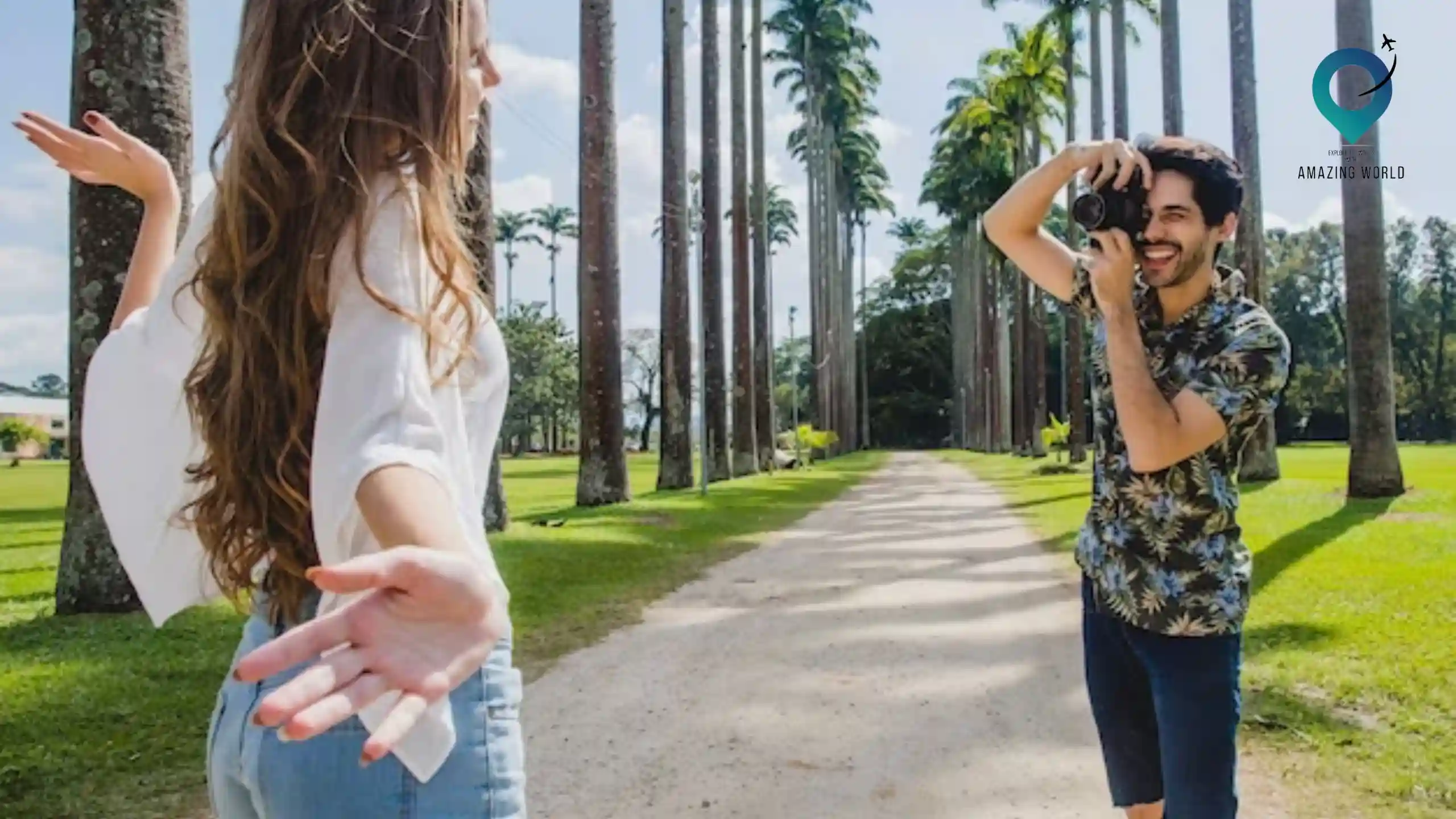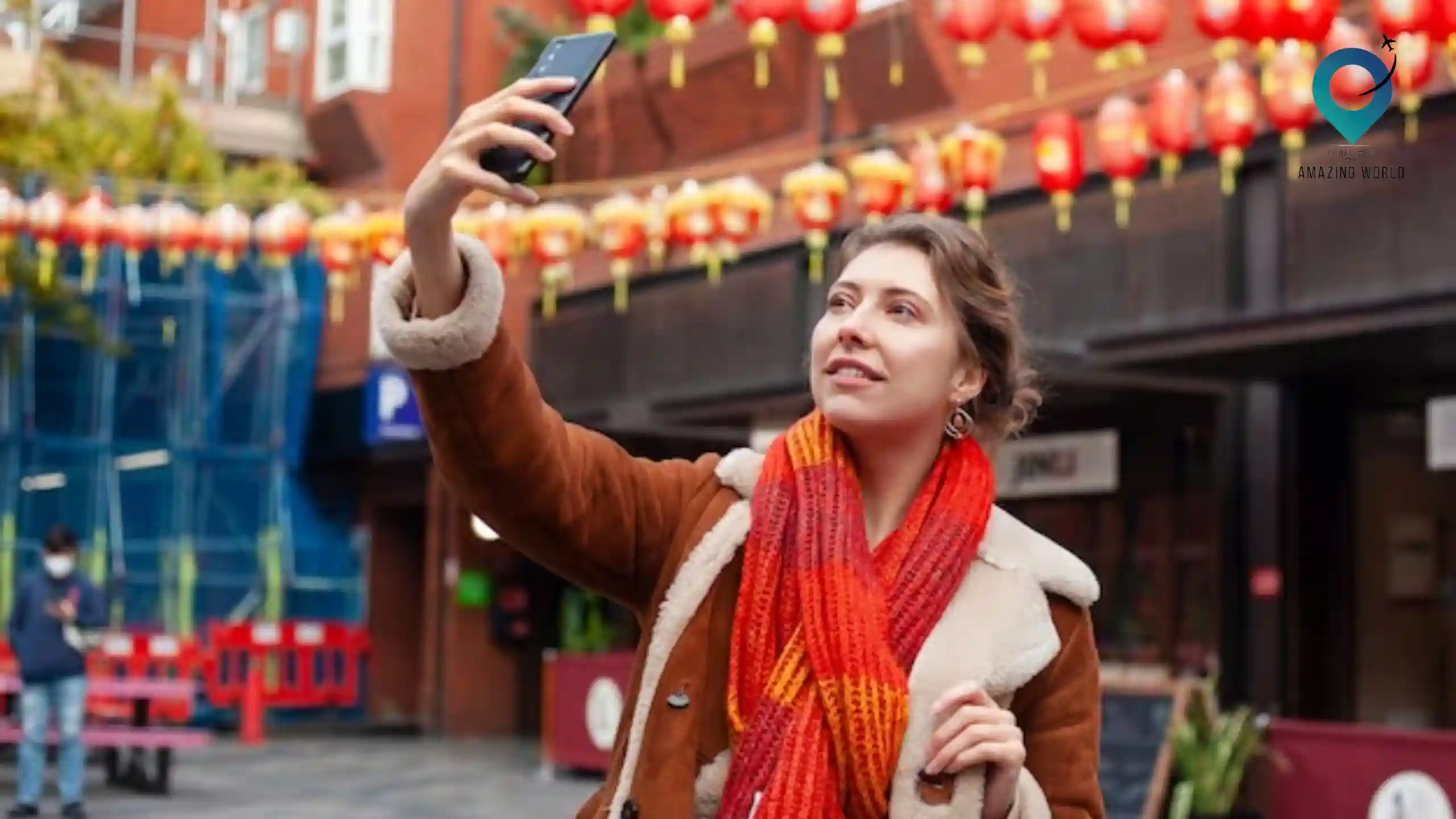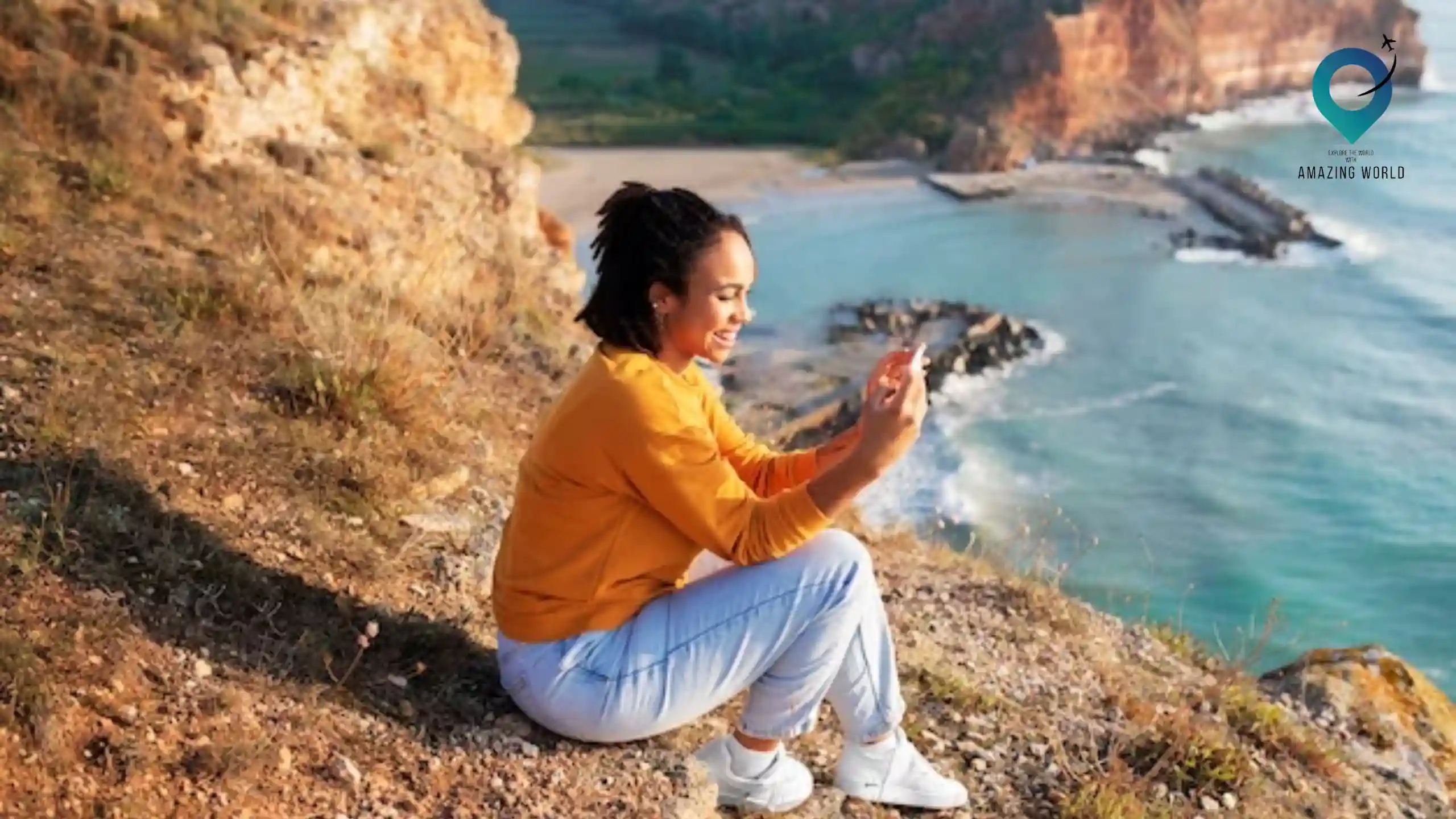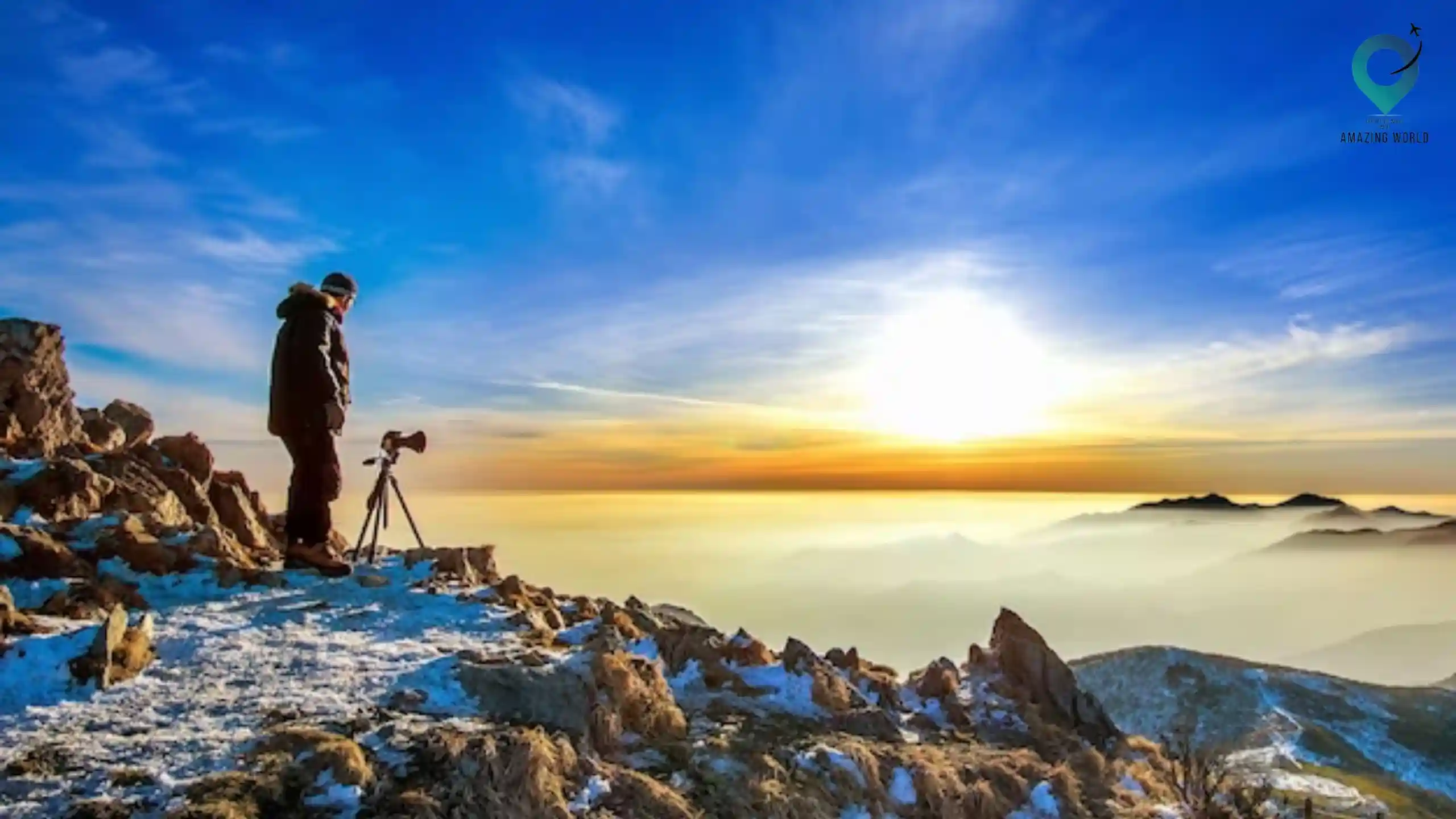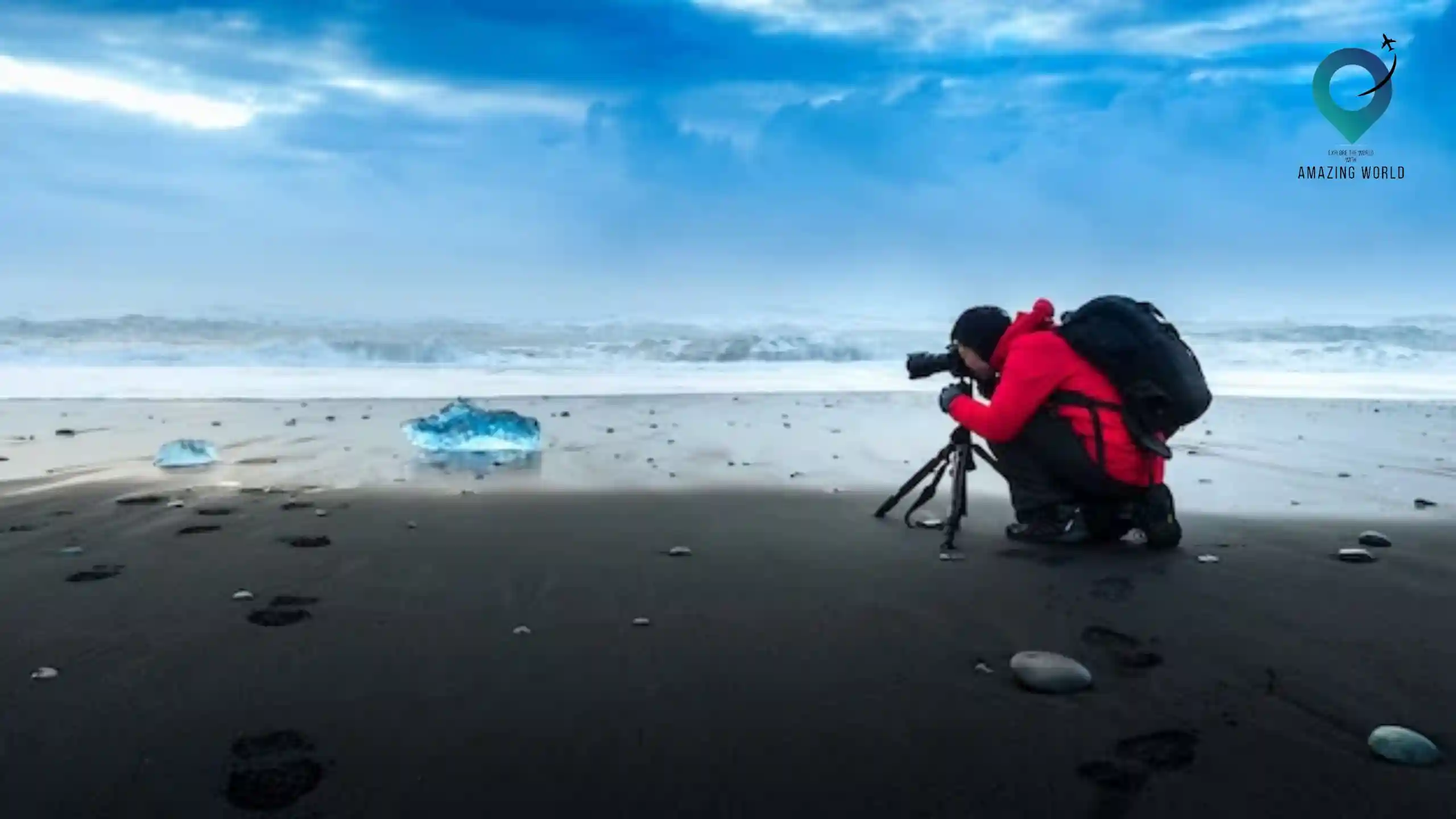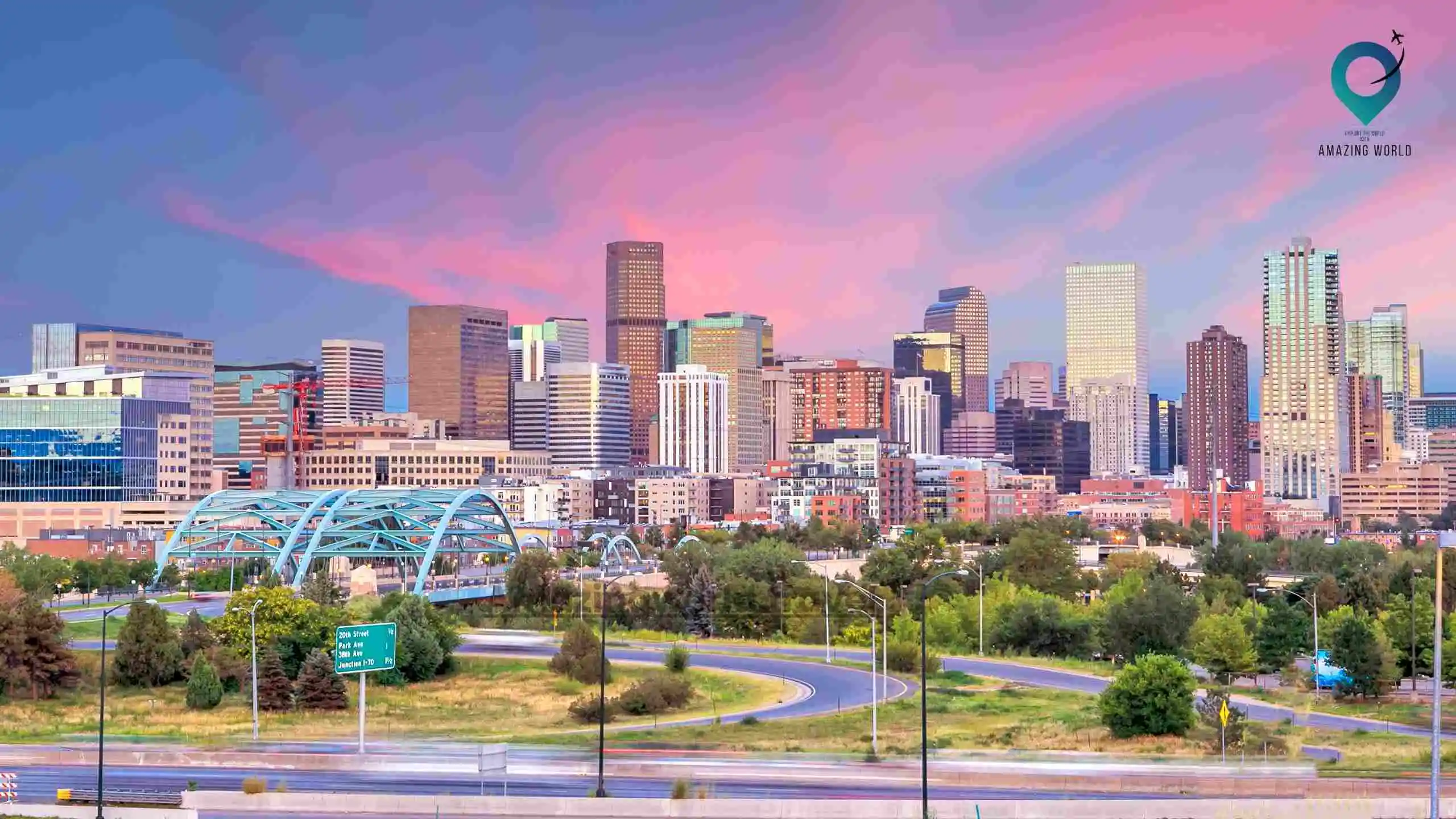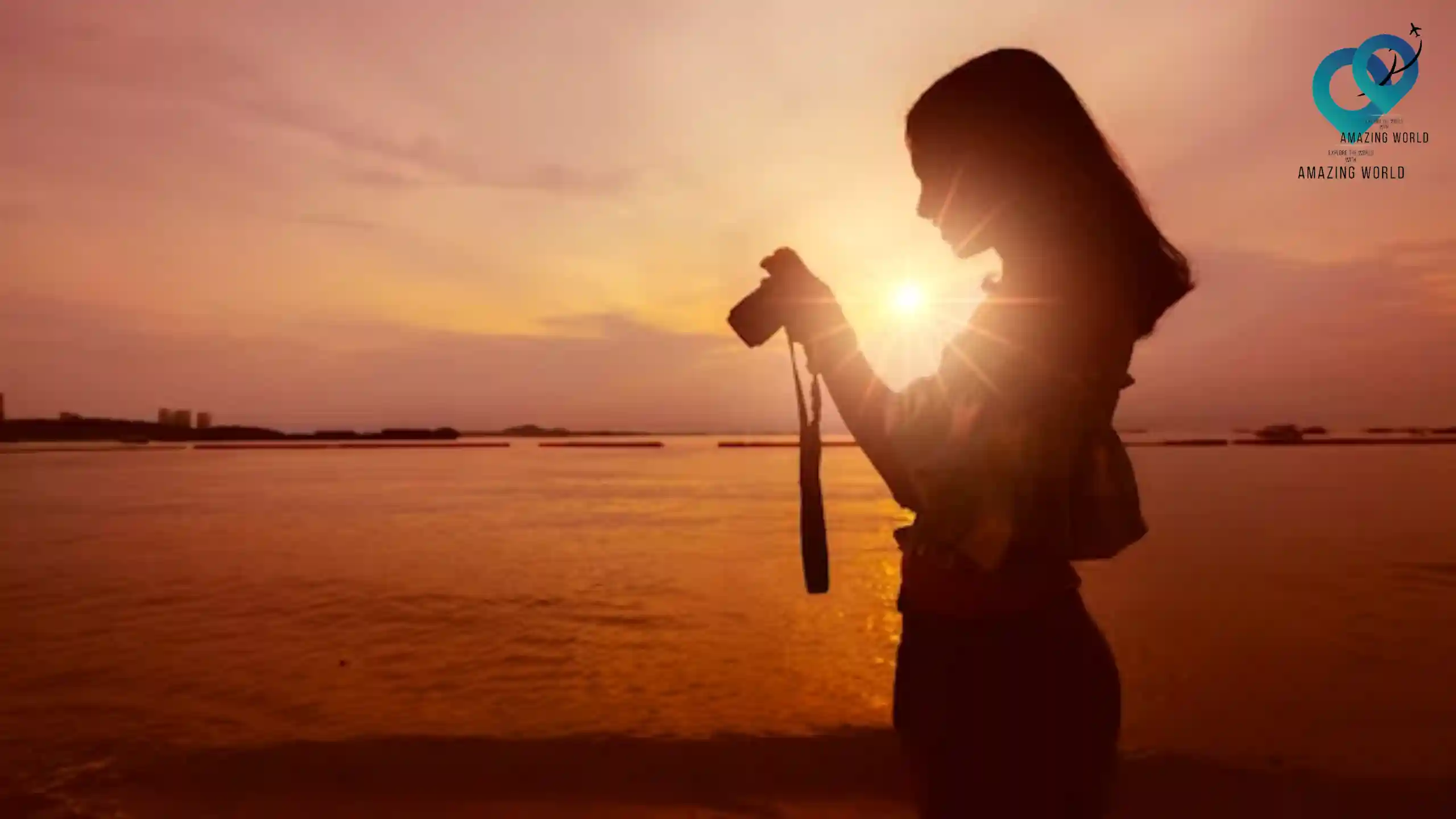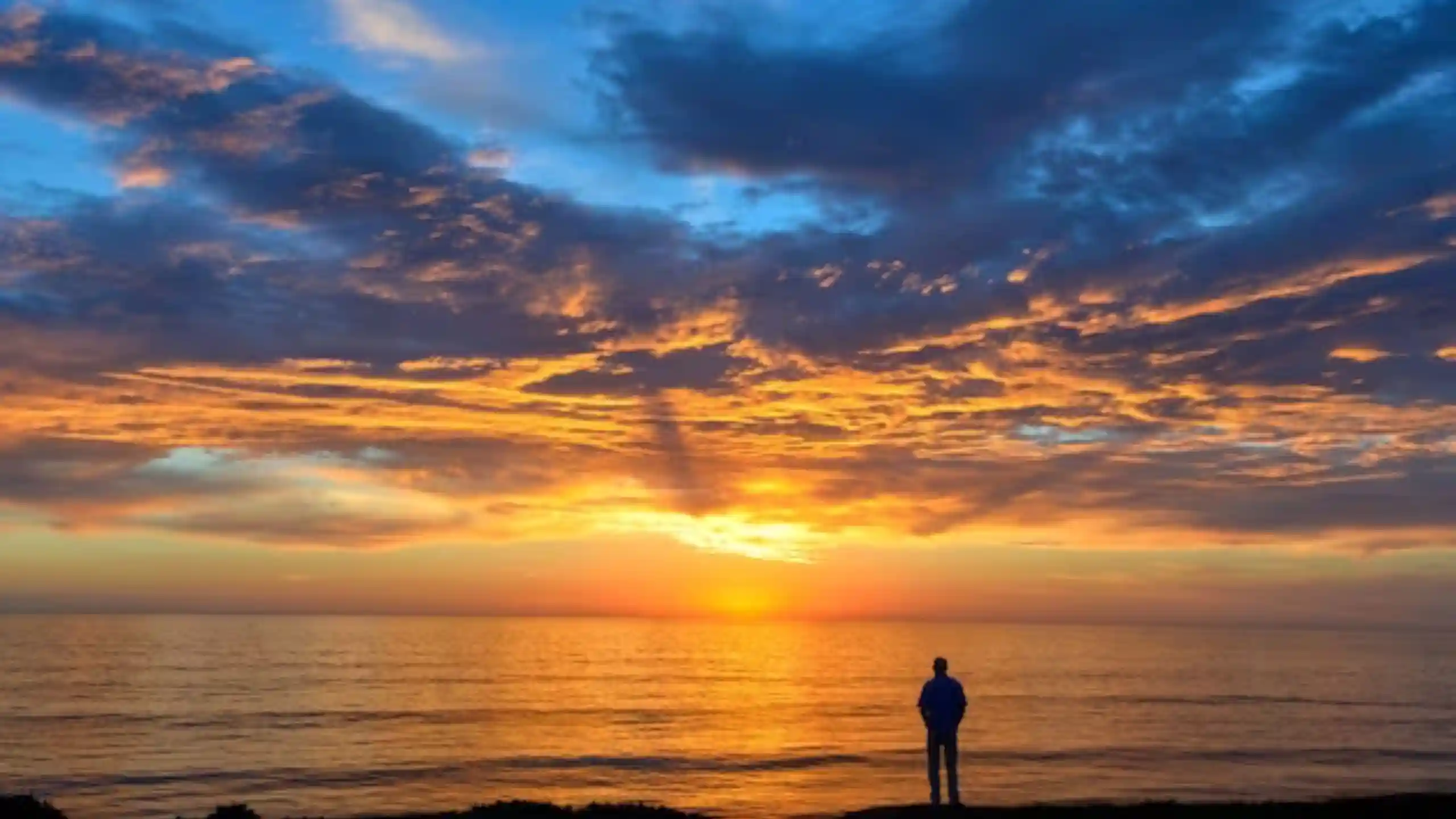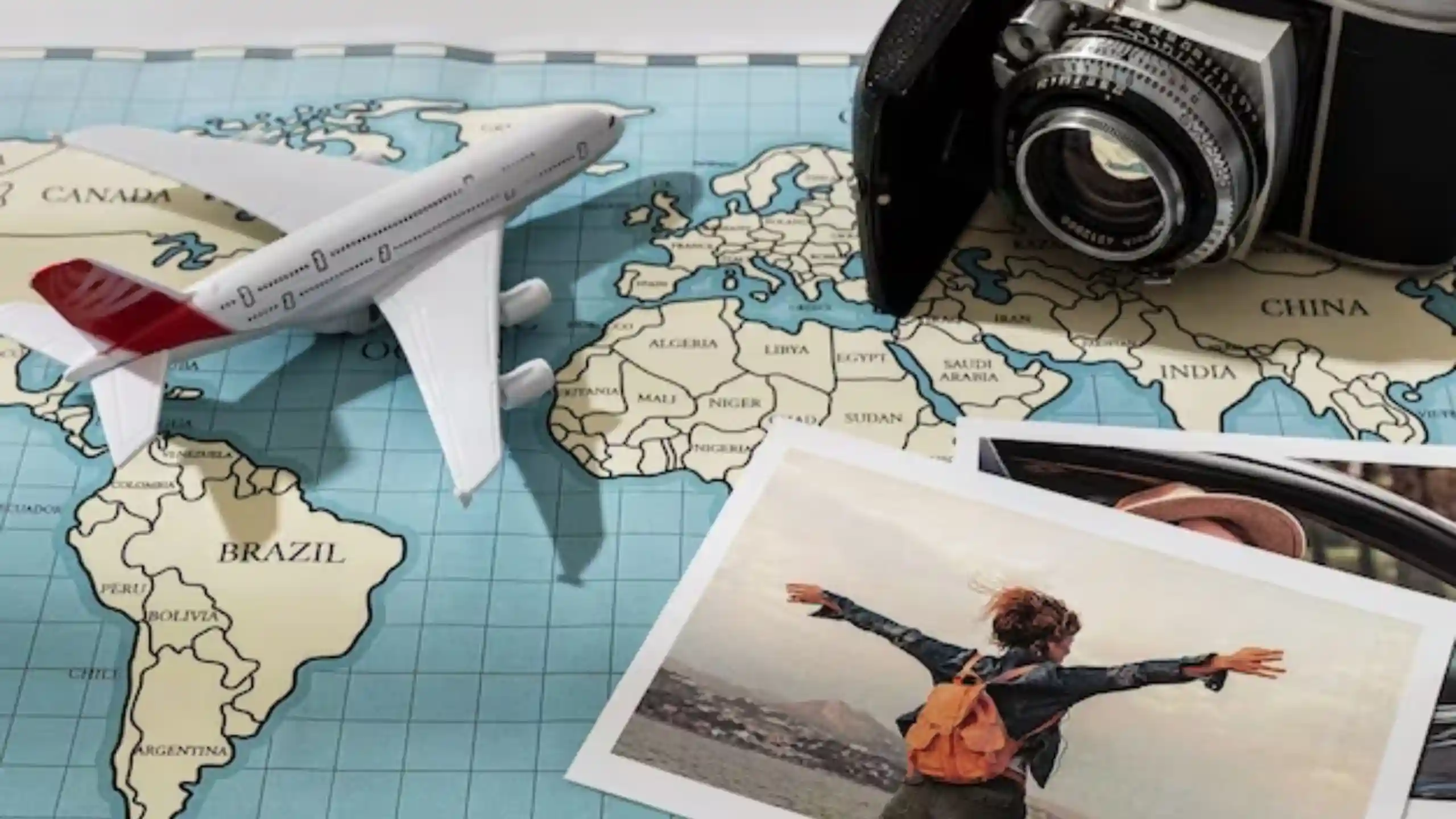How to Capture Behind the Scenes: Travel Photographer Tips
Table of Contents
Toggle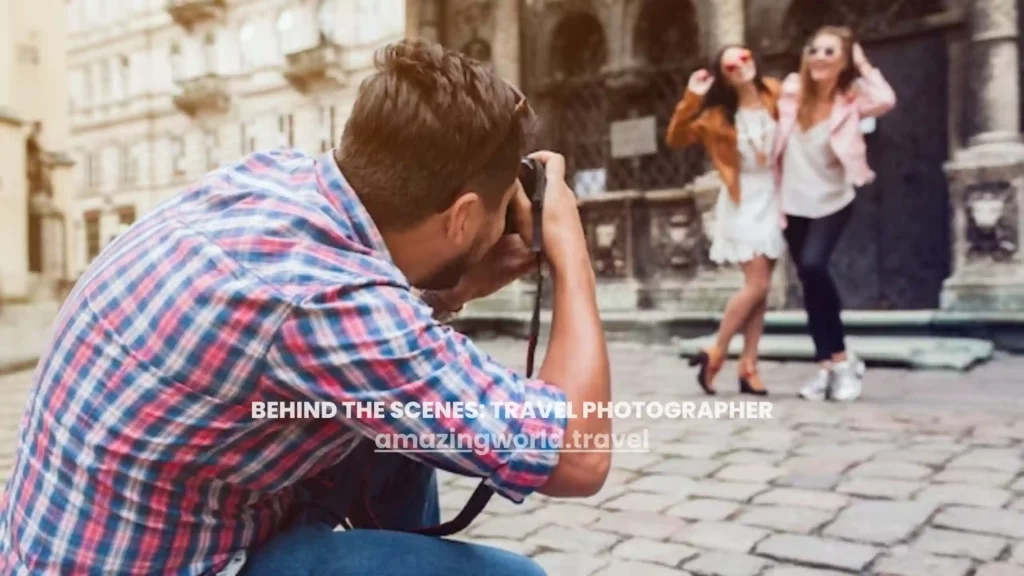
Travel photography is no longer confined to mere snapshots of iconic landmarks; it has evolved into a captivating medium that tells stories, captures emotions, and brings the world closer through digital sharing. In an era where wanderlust and global connectivity thrive, travel photography has taken on a new dimension: it’s about capturing the moments that unfold behind the scenes, moments that reveal the authenticity, emotions, and interactions that define a journey.
In this article, we’ll explore the art of capturing behind-the-scenes moments as a travel photographer. We’ll delve into the intricate details, strategies, and mindset required to weave captivating narratives that go beyond conventional travel imagery.
From preparation to editing, from ethical considerations to inspiring others, this comprehensive guide will equip you with the knowledge and tools needed to create a visual journey that resonates deeply.
What is behind the scenes content in photography
Behind-the-scenes content in photography, often referred to as BTS, unveils the captivating moments that occur beyond the lens’s focal point. It’s like a hidden treasure trove that takes viewers on a journey into the creative process, interactions, and challenges that photographers navigate while crafting their visual stories. BTS content offers an intimate glimpse behind the curtain, showcasing the intricate artistry involved in capturing that perfect shot.
In the realm of photography, BTS content serves as a backstage pass, revealing the orchestrated chaos and genuine moments that shape the final imagery. It’s a canvas where you witness:
The meticulous setup and preparation before the shutter clicks, encompass the arrangement of equipment, meticulous adjustment of camera settings, and the meticulous framing that lays the foundation for an extraordinary shot.
Authentic interactions between photographers and subjects, frozen in candid snapshots. These unscripted moments bring a sense of life, connection, and relatability to the final images.
Triumphant tales of photographers conquering challenges. Whether it’s braving harsh weather conditions, mastering low-light environments, or navigating unexpected hurdles, these glimpses underscore the dedication that goes into creating remarkable photographs.
The intriguing decision-making process of artists unveils the reasons behind choosing specific angles, compositions, and focal points. This artistic insight provides viewers with a deeper appreciation of the creative vision behind each frame.
The evolution from raw captures to polished masterpieces through post-processing. This window into the editing realm showcases the careful enhancements that bring out the essence of the scene while retaining its authenticity.
In essence, BTS content bridges the gap between the final image and the behind-the-scenes magic, offering viewers a deeper understanding of the artistry and storytelling that define each photograph. It’s an invitation to witness the sweat, laughter, challenges, and triumphs that transpire before the click of the shutter—a journey that transforms ordinary scenes into extraordinary visual narratives.
The Role of a Travel Photographer
A travel photographer’s role extends far beyond the click of the camera shutter. It’s a dynamic blend of creativity, cultural acumen, and a deep-seated yearning for connection. In their pursuit of authenticity, they become cultural interpreters, translating the intricate stories of each destination through their lens. A travel photographer assumes various personas:
- Visual Anthropologist: Delving into the historical and cultural tapestry of a place to capture its essence.
- Emotional Storyteller: Translating emotions and experiences into visual tales that resonate universally.
- Candid Observer: Capturing fleeting moments of vulnerability, revealing the candid beauty of life.
Preparing for the Journey
The preparation phase of travel photography is akin to laying the groundwork for a masterpiece. It’s a symphony of research, gear selection, and cultural awareness that culminates in capturing behind-the-scenes moments that resonate.
- Cultural Insight: Immerse yourself in the destination’s history, traditions, and festivals. This knowledge serves as your compass, guiding you to anticipate moments of significance. Understanding local customs enables you to approach subjects with respect, fostering connections and genuine interactions.
- Gear Selection: Your camera equipment isn’t just tools; they’re extensions of your creative vision. Beyond the camera body, an array of lenses offers versatility. Wide-angle lenses capture sweeping scenes, while telephoto lenses bring distant subjects closer. Consider prime lenses for exceptional clarity and low-light performance. Carrying spare batteries, ample memory cards, and lens cleaning essentials ensures you’re prepared for extended shooting sessions.
- The Weather Variable: Travel photography is an outdoor endeavor, subject to the whims of weather. Rain, fog, or even snow can add an ethereal quality to your images. Embrace these conditions as opportunities for unique shots. To safeguard your gear, invest in weather-resistant accessories such as camera covers, lens hoods, and waterproof bags. These provisions allow you to embrace spontaneity without fearing the elements.
- Cultural Sensitivity: Being culturally aware isn’t just a courtesy; it’s an essential tool for building connections. Familiarize yourself with local customs, greetings, and taboos. This awareness demonstrates respect for your subjects and fosters an environment of trust. Engaging in a manner that aligns with cultural norms opens doors to capturing intimate moments that might otherwise remain inaccessible.
Building Connections
Behind-the-scenes photography isn’t just about capturing scenes—it’s about encapsulating emotions and experiences. Building connections with your subjects enhances the authenticity of your images.
- The Language of Connection: Language is a powerful bridge between cultures. Learning a few phrases in the local tongue can break barriers and establish an immediate connection. Simple greetings or expressions of gratitude convey your respect and genuine interest in their world.
- Respectful Interaction: Approach subjects with genuine curiosity and humility. Seek permission before taking photographs, especially in intimate settings. Inquire about their stories, and be willing to listen. This two-way interaction not only enriches your understanding but also enables your subjects to share their experiences authentically.
- Immersive Engagement: Being an active participant in local activities allows you to blend seamlessly into the environment. This immersion provides opportunities for candid, unscripted moments to unfold naturally. Whether it’s sharing a meal, participating in a ceremony, or joining a game, your involvement bridges the gap between observer and participant.
- Empathetic Perspective: Empathy is the bedrock of impactful travel photography. Striving to view the world through your subject’s eyes fosters a deeper connection and adds layers of meaning to your images. This perspective invites you to capture emotions, experiences, and even challenges that may otherwise go unnoticed.
Seeking Authenticity
Authenticity is the heartbeat of behind-the-scenes photography. It’s the pursuit of capturing the unfiltered moments that reveal the soul of a place.
- Patient Observation: In a world of fleeting instants, patience is your virtue. Allow moments to unfold naturally. Observe interactions, expressions, and the ebb and flow of life. The art lies in recognizing and seizing these fleeting yet genuine moments.
- The Beauty of Unposed: Candid shots often carry a raw, unfiltered beauty that staged images cannot replicate. They encapsulate the unguarded reactions and interactions that provide a genuine window into a culture. Such moments humanize a place, allowing viewers to connect on a personal level.
- Everyday Elegance: While iconic landmarks have their charm, the beauty of a culture often resides in its everyday rituals. Embrace these seemingly mundane moments—the market vendors setting up before dawn, the elderly conversing on park benches, or children playing in narrow alleys. These scenes provide glimpses into the rhythm of local life.
Navigating Challenging Environments
Travel photography demands adaptability. From unpredictable weather to low-light settings, your ability to navigate challenges enhances your creative toolkit.
- Mastering Low Light: Low light settings offer a canvas of mystery and mood. Embrace dimly lit environments to create a sense of intimacy and emotion. Utilize available light sources strategically—the warm glow of street lamps, the soft illumination of a candlelit ceremony—to craft images that evoke emotion.
- Weather’s Drama: Adverse weather doesn’t hinder your creativity—it enhances it. Rain and fog can veil a scene in an enchanting aura, adding depth and atmosphere to your images. Snow transforms landscapes into ethereal wonderlands. These weather-induced transformations offer a unique perspective that sets your images apart.
- Quick Adjustments: The essence of travel photography lies in capturing fleeting moments. Rapidly changing conditions necessitate quick adjustments to your camera settings. Familiarize yourself with your equipment to seamlessly adapt to changing light, movement, and other variables. This skill ensures you don’t miss the magic of an unfolding scene.
Composition and Creativity
Composition is the invisible thread that weaves your narrative together, guiding the viewer’s gaze through your visual story.
- Frame with Purpose: Every element within your frame contributes to the story you’re telling. Utilize architectural structures, natural elements, or even people to frame your subject, providing context and drawing attention.
- Unique Angles: Challenge conventional perspectives by experimenting with angles. A low-angle shot can imbue your subject with a sense of grandeur, while a high-angle shot offers a unique viewpoint. These unconventional angles create visual interest and provide a fresh take on familiar scenes.
- Embrace Negative Space: Empty spaces within your composition are as meaningful as the elements you capture. Negative space allows your subject to breathe and adds a sense of balance. It also encourages viewers to focus on the subject’s emotions and interactions.
- Guiding Lines: Incorporate natural lines within your environment to guide the viewer’s eye. Roads, paths, rivers, or even the gaze of a person in your frame can lead the viewer’s attention, adding movement and a sense of direction.
Storytelling Through Editing
Post-processing isn’t just about enhancement; it’s about sculpting your images to reflect the emotions and atmosphere of the moment.
- Selective Storytelling: The editing process begins with curating the images that collectively tell your narrative. Each photograph should contribute a distinct facet to the overarching story, culminating in a holistic and immersive experience.
- Enhancement with Subtlety: While post-processing tools allow you to manipulate colors and tones, the key is to maintain authenticity. Enhance the vibrancy of colors without veering into unnatural territory. Fine-tune contrast to bring out the texture and depth present in the original scene.
- Preserving Essence: Editing should amplify the emotions captured in the moment, not distort them. Strive to retain the genuine ambiance of the scene—the play of light, the subtleties of expression, and the nuances of the environment.
Ethical Considerations
Ethics are the moral compass that guides your interactions and ensures that your photography respects the dignity and privacy of your subjects.
- Informed Consent: Seek permission before capturing images, particularly when your subjects are in intimate or vulnerable settings. A simple gesture, such as showing your camera and seeking a nod of approval, communicates your respect for their autonomy.
- Cultural Diplomacy: Travel is an opportunity to engage with diverse cultures, but it’s vital to do so with cultural sensitivity. Recognize that not all moments are meant to be captured. Some cultures consider photography intrusive, especially during rituals or private moments.
- Dignity and Respect: Always approach your subjects with dignity and empathy. Remember that your photographs have the power to shape perceptions, so strive to portray cultures and individuals in an authentic and respectful light.
Sharing Your Behind-the-Scenes Journey
The culmination of your journey is the act of sharing your visual narrative with the world. This isn’t just about photographs; it’s about transporting your audience into the heart of your experiences.
- Narrative Choreography: Arrange your images in a sequence that mirrors the ebb and flow of your journey. Craft a visual storyline that guides viewers through different emotions, landscapes, and interactions, creating a captivating visual journey.
- Social Media Platforms: Utilize platforms like Instagram, Facebook, and Twitter to share your travel narrative. Accompany your images with insightful captions that provide context, emotions, and personal anecdotes, inviting viewers to engage on a deeper level.
- Personal Blogging: Establishing a personal blog provides a canvas for deeper exploration. Through detailed blog posts, you can delve into the stories and emotions behind your images, offering readers a more immersive understanding of your journey.
- Photography Communities: Engage with fellow photographers on platforms like Reddit, 500px, and Flickr. Share your work, exchange insights, and receive constructive feedback that can further refine your craft.
Conclusion
The art of capturing behind-the-scenes moments as a travel photographer goes beyond technical skills—it’s about cultivating a curiosity for the world, building connections, and telling stories through imagery.
By embracing the strategies and insights shared in this comprehensive guide, aspiring travel photographers can embark on a transformative journey that uncovers the hidden narratives that shape our global tapestry.
How much did you like Our detailed How to Capture Behind the Scenes: Travel Photographer Tips? Review Also, please share these Blogs with your friends on social media.
Related Article –
- Road Trips Ideas | 12 Tips to Prepare Your Car for a Long Road Trip?
- 150 Best Places to Visit in the United States In 2023
- Road Trip With Kids
- How to Stay Awake While Driving Long Distances
- Audiobooks to Listen to On Your Road Trip
- How to Create an Epic Itinerary Road Trip
- Best Rental Cars For Travel Adventures
Travel Photography Behind the Scenes FAQ
What is behind-the-scenes travel photography?
Behind-the-scenes travel photography goes beyond capturing typical tourist spots. It focuses on candid, unscripted moments that reveal the authenticity, emotions, and interactions that define a journey. It’s about telling stories through images that offer a deeper connection to the places and people encountered.
How does cultural understanding play a role in behind-the-scenes photography?
Cultural understanding is pivotal for building rapport with locals. It helps photographers anticipate events and situations, enabling them to capture more meaningful moments. Moreover, understanding local customs shows respect and helps avoid causing offense, enhancing the quality of the images captured.
What are some techniques for capturing authentic behind-the-scenes moments?
Patience is key. Spend time observing and waiting for genuine interactions to unfold naturally. Opt for candid shots that capture unguarded emotions and interactions. Focus on everyday activities that define the rhythm of life in a destination.
What equipment is essential for behind-the-scenes travel photography?
Apart from a good camera body, a range of lenses is crucial. Wide-angle lenses are great for capturing landscapes and scenes, while telephoto lenses bring distant subjects closer. Carrying spare batteries, memory cards, and weather-resistant gear ensures you’re ready for any situation.
How can I build connections with the people I photograph during my travels?
Building connections involves respectful interactions. Learning a few phrases in the local language can go a long way. Seek permission before taking photos, engage in local activities, and show empathy towards your subjects. These connections result in more authentic and intimate photographs.
How can I navigate challenging weather conditions while photographing?
Challenging weather can add atmosphere to your images. Embrace low light settings for a sense of mood. Rain and fog can provide a unique ambiance, while snow can transform scenes. Adaptability is crucial—be prepared to adjust your settings swiftly to capture fleeting moments.
What role does composition play in behind-the-scenes photography?
Composition is the language of storytelling in photography. Frame subjects purposefully, experiment with angles, and use negative space to draw attention. Incorporate natural lines to guide the viewer’s gaze through your narrative.
How can I share my behind-the-scenes travel photography with others?
Sharing your work involves curating a visual narrative. Organize your images to create a compelling visual story. Utilize social media platforms like Instagram and Facebook, start a personal blog to provide deeper insights, and engage with photography communities to receive feedback and connect with fellow enthusiasts.
How can my travel photography inspire cultural appreciation and understanding?
Beyond capturing moments, travel photography can bridge cultural gaps. By sharing stories behind your images, you invite viewers to appreciate the nuances of different cultures. Responsible travel practices promoted through your work encourage others to explore with empathy and respect.
How do I ensure my behind-the-scenes photography is respectful and ethical?
Respect is foundational. Seek permission before photographing individuals, especially in intimate settings. Be culturally sensitive, avoiding capturing moments that may be considered intrusive. Always prioritize the dignity and privacy of your subjects, and present cultures authentically.

Meet David Hoper, a passionate travel Blog writer with 7+ years of experience in travel content. Through his exemplary storytelling and engaging narratives, he shares his experiences and brings destinations to life. With a keen eye for detail and a love for exploration, he has cultivated a diverse portfolio of travel blogs that inspire and inform readers worldwide.
